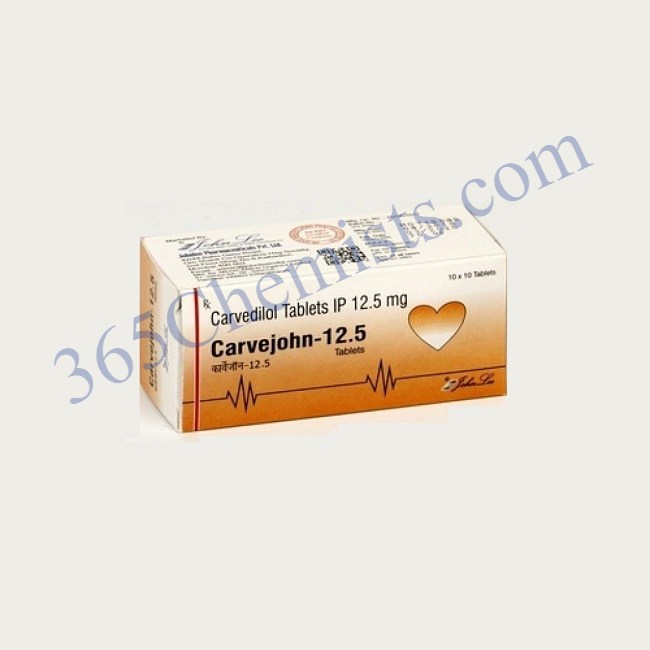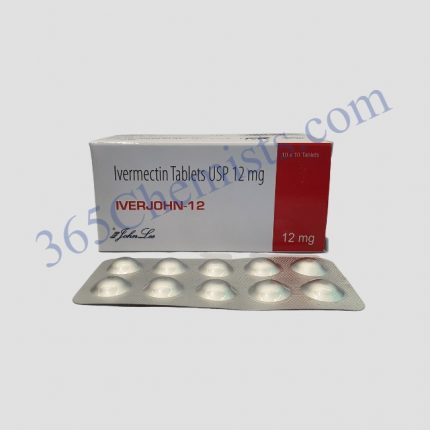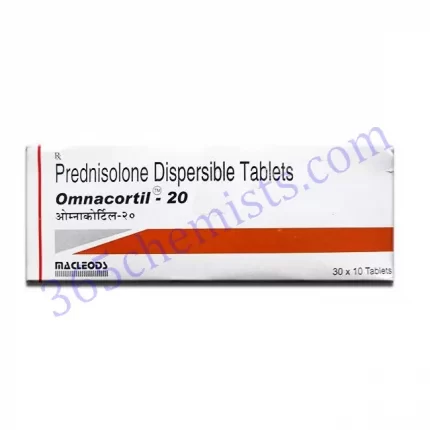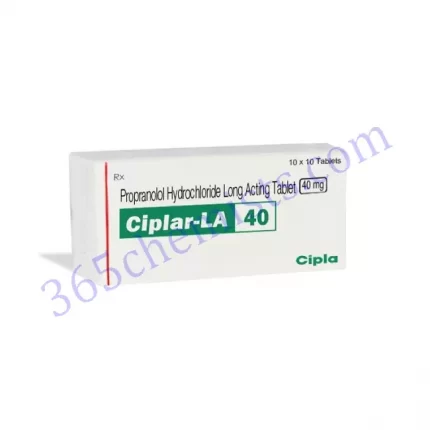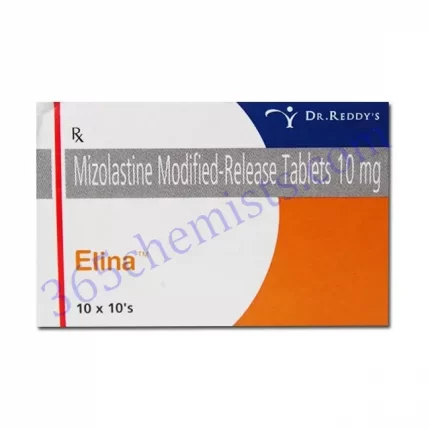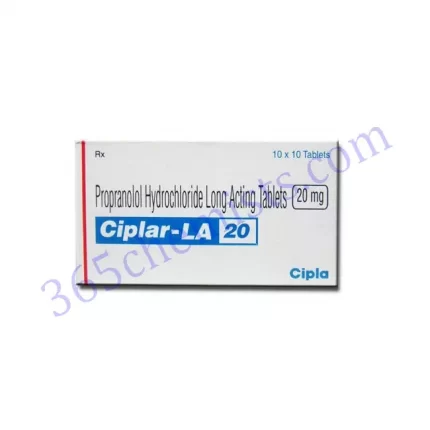Carvejohn 12.5mg Tablet (Carvedilol 12.5mg):
The medication known as Carvejohn 12.5mg Tablet contains the active ingredient carvedilol in a dosage strength of 12.5mg. Carvedilol is a drug that falls into the category of medications known as beta-blockers. Its primary purpose is to treat a number of cardiovascular conditions, the most common of which are hypertension (also known as high blood pressure) and heart failure. Carvejohn 12.5mg Tablet is the subject of this in-depth analysis, the purpose of which is to provide information on a wide range of topics related to the medication, such as its applications, mechanisms of action, dosages, adverse effects, and precautions.
Uses of Carvejohn 12.5mg Tablet
Carvejohn 12.5mg Tablet is prescribed to patients who have been diagnosed with hypertension, which is a condition characterised by consistently high levels of blood pressure. It is beneficial in the reduction of blood pressure as well as the reduction of the risk of cardiovascular complications such as heart attacks and strokes. In patients who suffer from heart failure, a condition in which the heart is unable to effectively pump blood throughout the body, the Carvejohn 12.5mg Tablet may be an effective treatment option. Patients who have heart failure can benefit from an improvement in their symptoms as well as an overall improvement in their heart’s functioning thanks to this treatment.
Mechanism of Action
Carvedilol, the active ingredient in Carvejohn 12.5mg Tablet, achieves its therapeutic effect in the body by inhibiting the activity of beta-adrenergic receptors in the cardiovascular system. The effects that adrenaline and other stress hormones have on the cardiovascular system are mitigated as a result of this action. Carvedilol not only slows the rate at which the heart beats and the force with which it contracts, but it also dilates blood vessels, which results in a reduction in the amount of resistance that the peripheral circulation encounters. Carvedilol works to lower blood pressure by these mechanisms, thereby reducing the amount of work that needs to be done by the heart. In addition to this, it possesses antioxidant qualities, which may provide additional benefits in the treatment of heart failure.
Dosage and Administration
It is possible for the recommended dosage of Carvejohn 12.5mg Tablet to change depending on the individual’s condition, how they are responding to treatment, and the recommendations of the healthcare professional who is writing the prescription. It is essential to take the medication in accordance with the dosing instructions that have been provided by a qualified medical professional or those that are printed on the product label. The starting dose for hypertension treatment is frequently between 6.25 mg and 12.5 mg, and it is typically administered twice daily. When treating heart failure, the dosage may begin at 3.125 milligrammes twice daily and then be gradually increased based on how the individual responds to the medication. It may be necessary to alter the dosage over the course of treatment in order to achieve the therapeutic effect that is desired. If you want to keep the medication’s levels in your blood the same over time, it is absolutely necessary to take the Carvejohn 12.5mg Tablet on a consistent basis and exactly as directed.
Possible Side Effects
It is possible that the Carvejohn 12.5mg Tablet will cause certain side effects; however, these effects will not manifest in everyone. Dizziness, fatigue, low blood pressure, and a slow heart rate are common unwanted effects that can occur when taking this medication. These adverse reactions are typically mild and short-lived, and they have a tendency to get better as the body gets used to the medication being taken. Alterations in sleep patterns and mood are two of the less common side effects that may occur as a result of taking this medication, along with gastrointestinal disturbances such as nausea or diarrhoea. Carvedilol may, in extremely rare instances, cause severe adverse effects. These adverse effects may include an exacerbation of heart failure symptoms or bronchospasm in people who suffer from asthma or chronic obstructive pulmonary disease (COPD). It is recommended that you seek medical attention in the event that you experience any side effects that are worrisome or that last for an extended period of time.
Precautions and Warnings
It is imperative that any pre-existing medical conditions, ongoing medications, or allergies be disclosed to the healthcare provider before beginning treatment with Carvejohn 12.5mg Tablet. It is possible for the Carvejohn 12.5mg Tablet to interact with other medications, such as calcium channel blockers or other beta-blockers; therefore, it is important to exercise caution when taking multiple medications at the same time. It is essential to avoid suddenly stopping treatment with Carvejohn 12.5mg Tablet, as this increases the risk of experiencing rebound hypertension as well as other negative effects. It is important to seek the advice of a qualified medical professional before making any changes to your dose or stopping treatment altogether. During treatment with Carvejohn 12.5mg Tablet, it is extremely important to maintain a regular monitoring schedule for blood pressure, heart rate, and overall cardiovascular function.
Conclusion
Carvedilol is the active component in the medication known as Carvejohn 12.5mg Tablet, which is a valuable medication that is used for the management of hypertension as well as heart failure. Carvedilol works to improve symptoms associated with cardiovascular conditions such as high blood pressure and rapid heart rate by blocking beta-adrenergic receptors. This results in lower blood pressure and a slower heart rate. While taking Carvejohn 12.5mg Tablet, it is essential to adhere to the dosage and guidelines that have been prescribed for you, as well as to promptly report to a healthcare professional any unusual or severe adverse effects you may experience. Carvejohn 12.5mg Tablet has the potential to be an effective tool for the management of cardiovascular disorders and the promotion of cardiovascular health provided that it is used appropriately and under the supervision of a medical professional.

